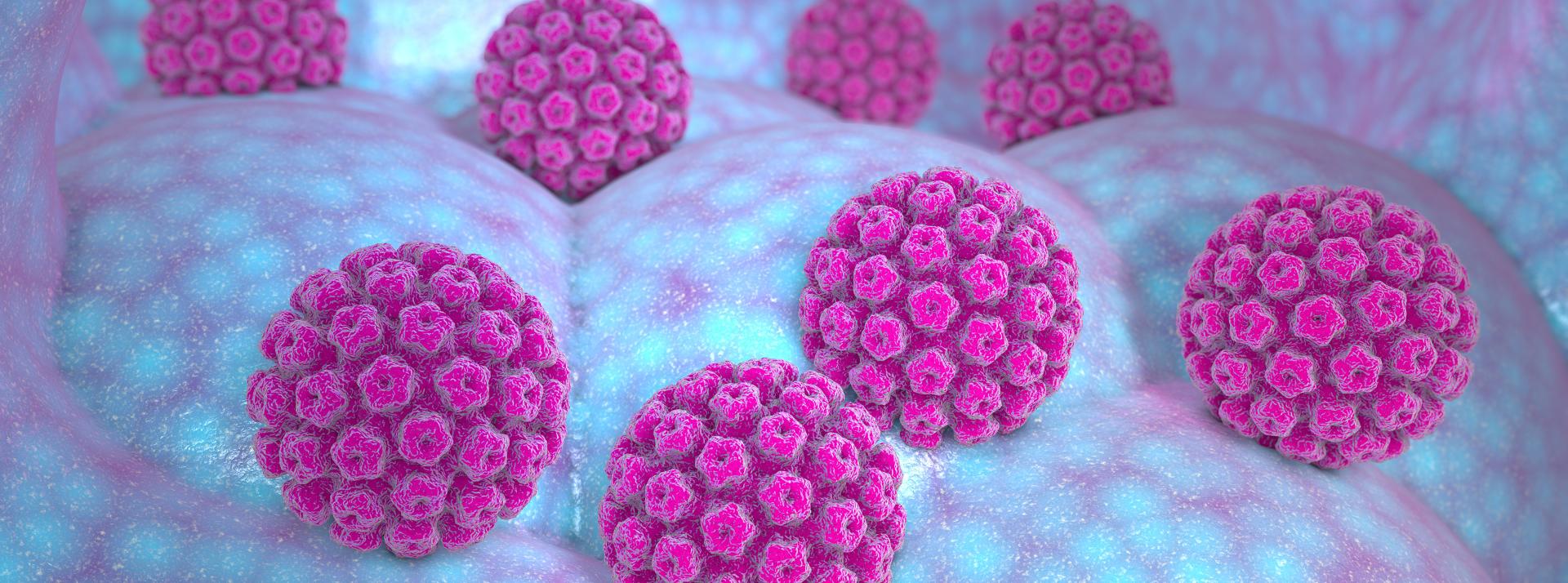HPV
Human papillomavirus (HPV) causes genital warts and is common in both men and women. Some HPV types cause cervical, vaginal, vulvar, and anal cancers. HPV causes the majority of abnormal pap tests in women.
What is HPV?
HPV stands for human papillomavirus. It's a common virus that spreads when people have close skin-to-skin contact. You can get HPV by doing any kind of sexual activity involving oral, genital, or anal contact. You don't need to have sexual intercourse to get infected. Many times, there are no signs or symptoms of the infection. This means you might not know if you or your partner has it.
Facts
- 75% of people will have at least one HPV infection during their lifetime.
- 67% of people who have sexual contact with someone who has genital warts will also get them, usually within 3 months.
- People who have HPV may not show any signs or symptoms.
- Even if someone is already sexually active, they may still be at risk for some of the HPV types they haven’t been exposed to, so it is not too late to help protect against HPV.
- HPV has also been linked to some head and neck cancers.
Who should get the HPV vaccine?
The HPV9 vaccine is provided free to all students in grade 6.
Males (born in 2005 or later) and females who did not get the vaccine in grade 6 remain eligible for free HPV vaccine if they start their vaccine series before their 19th birthday and complete it before their 26th birthday.
The HPV9 vaccine is also provided free to individuals 9 to 26 years of age who are:
- HIV positive
- Two-Spirit, transgender or non-binary
- Males who have sex with males, including those who may not yet be sexually active and are questioning their sexual orientation
- Males who are street-involved
Other males eligible for the HPV9 vaccine include those:
- 9 to 18 years of age in the care of the Ministry of Children and Family Development
- In youth custody services centres
Where to get vaccinated against HPV
Please call ahead to ensure the vaccine is available. First Nations children can also receive vaccines in their communities.
HPV vaccines to prevent HPV
The HPV vaccine used in BC’s routine immunization program is the HPV9 vaccine, also known as Gardasil® 9, which protects against the following strains of HPV: 6, 11, 16, 18, 31, 33, 45, 52, 58.
This vaccine provides the following protection for various lesions:
HPV-9 types – 6, 11, 16, 18, 31, 33, 45, 52, 58
- Cervical cancer cases - 90%
- High-grade cervical lesions - 75-85%
- Low-grade cervical lesions - 50-60%
- HPV-related vulvar cancer cases - 85-90%
- HPV-related vaginal cancer cases - 80-85%
- HPV-related anal cancers - 90-95%
- Genital wart cases - 90%
In 20 years, there will be a drop in cancer cases. You want to be part of that statistic. The vaccine is given in 2 doses at 0 and 6 months apart.
Early protection works best!
The younger you get this vaccine, the better it works and the less likely you will have been exposed to any of the viruses.
The vaccine has been approved for use in women 45 years and younger and men 27 years and younger, but it is safe and effective in older age groups.
Resources
-
-
HPV (human papillomavirus) vaccine
Immunize BC
-


